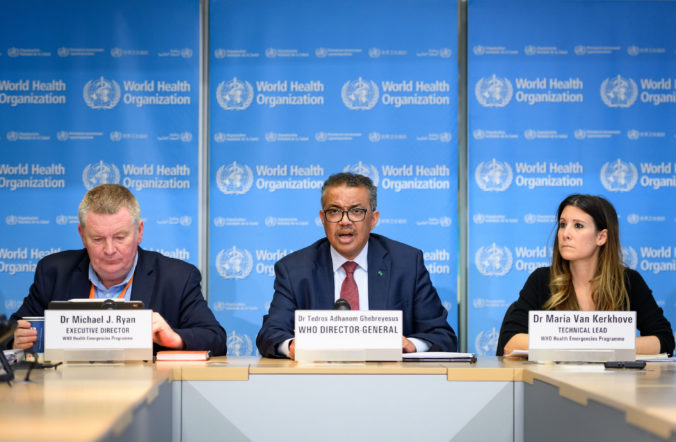With the coronavirus driving everyone to stay home and binge-watch Netflix, it’s no surprise to learn that alcohol sales have spiked in recent weeks. However, the World Health Organization (WHO) warned this week that drinking alcohol could place individuals at a higher risk of catching COVID-19, thanks to alcohol’s ability to weaken people’s immune systems and put the drinker at risk of engaging in risky behaviors that could result in contracting the virus.
“Alcohol compromises the body’s immune system and increases the risk of adverse health outcomes,” the WHO’s regional office for Europe said Tuesday. “Therefore, people should minimize their alcohol consumption at any time, and particularly during the COVID-19 pandemic.”
Studies show that excessive alcohol consumption is found to be associated with a higher risk of adverse immune-related health effects such as susceptibility to pneumonia.”
“During this difficult time, it’s important to continue looking after your physical and mental health. This will not only help you in the long term, it will also help you fight COVID-19 if you get it,” Tedros Adhanom Director general of the World Health Organization said.
The WHO has also offered some advice on staying healthy while stuck at home for the duration of the outbreak:
- Choose healthy options when eating to help boost your immune system
- Limit consumption of alcohol and sugary drinks
- Don’t smoke
- Adults should exercise for at least 30 minutes a day
- If you’re working from home, make sure you stop occasionally for breaks and to stretch. Don’t sit too long in the same position.
- Take a three minute break every 30 minutes.
The WHO also reminded people that drinking alcohol would not protect them from COVID-19.
“Fear and misinformation have generated a dangerous myth that consuming high-strength alcohol can kill the COVID-19 virus. It does not. Consuming any alcohol poses health risks, but consuming high-strength ethyl alcohol (ethanol), particularly if it has been adulterated with methanol, can result in severe health consequences, including death,” the WHO said.
